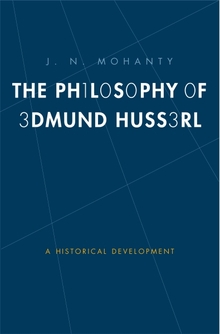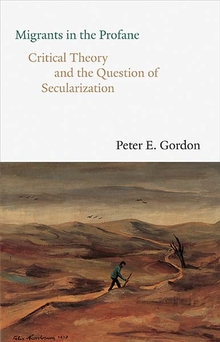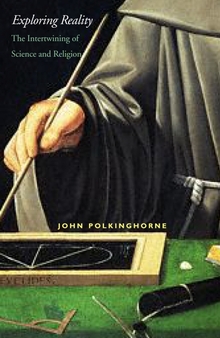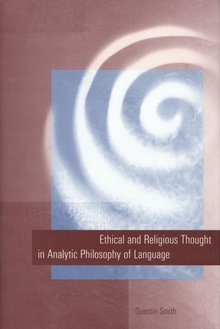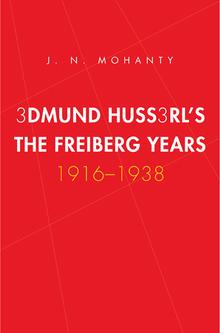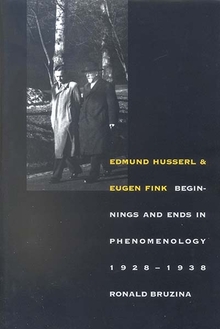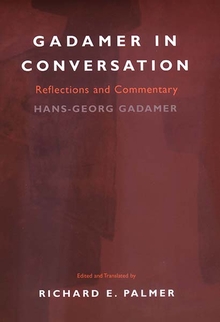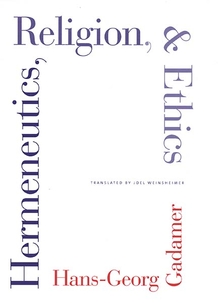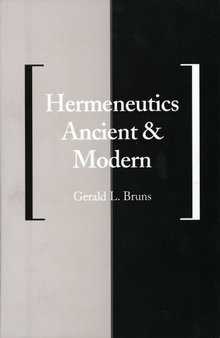The Philosophy of Edmund Husserl
WARNING
You are viewing an older version of the Yalebooks website. Please visit out new website with more updated information and a better user experience: https://www.yalebooks.com
J. N. Mohanty
Edmund Husserl (1859-1938), known as the founder of the phenomenological movement, was one of the most influential philosophers of the twentieth century. A prolific scholar, he explored an enormous landscape of philosophical subjects, including philosophy of math, logic, theory of meaning, theory of consciousness and intentionality, and ontology in addition to phenomenology.
This deeply insightful book traces the development of Husserl’s thought from his earliest investigations in philosophy—informed by his work as a mathematician—to his publication of Ideas in 1913. Jitendra N. Mohanty, an internationally renowned Husserl scholar, presents a masterful study that illuminates Husserl’s central concerns and provides a definitive assessment of the first phases of the philosopher’s career.
Jitendra N. Mohanty has taught philosophy in India, the United States, and Germany, and has written several highly regarded books on Edmund Husserl. He lives in Ambler, PA.
"This marvelous book is a major undertaking, possessed with exceptional insight and precision in its treatment of the first two phases of the long and difficult path of Edmund Husserl’s philosophical development. It takes a seasoned thinker to carry off such a project. We are most fortunate to have such a person in Professor J.N. Mohanty."—Donn Welton, author of The Other Husserl:The Horizons of Transcendental Phenomenology
“No other scholars come close to J.N Mohanty in the depth of their insights or their mastery of Husserl’s works. This is Mohanty’s summa, his definitive attempt to figure Husserl out once and for all. The result is a great success, a deeply insightful reading of one of the greatest philosophers of the twentieth century.”—David Carr, Emory University
"This book crowns Mohanty’s fifty-eight years of Husserl studies. His scholarship, clarity, and nuanced understanding of the philosophical issues have given us a great book on a great philosopher."—Dagfinn Føllesdal, Stanford University
Publication Date: June 17, 2008
9 b/w illus.

